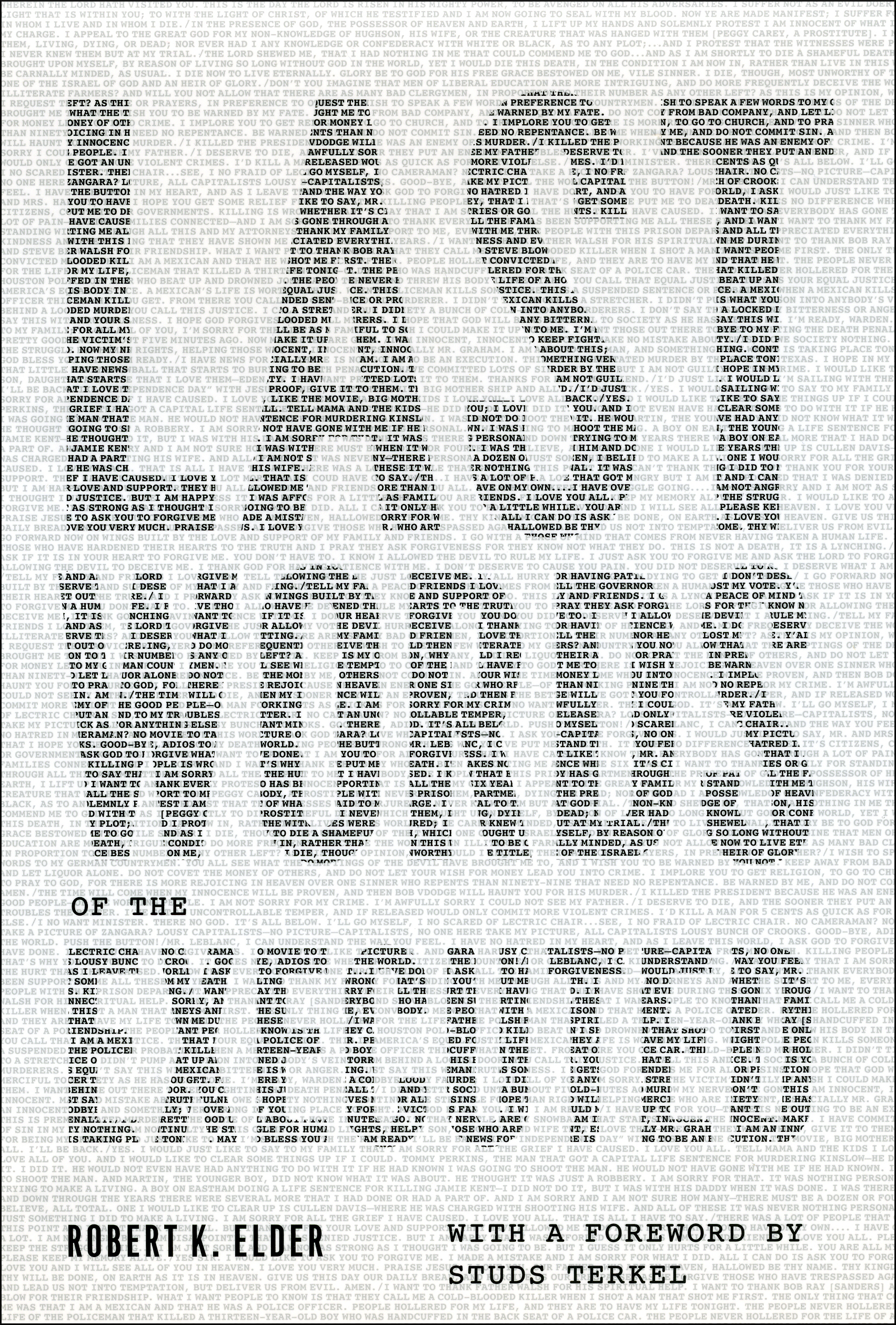The Human Voice of the Death Penalty

It used to be that Texas led the nation in death-row convictions, but a new report issued this week by the American Civil Liberties Union shows that L.A. County has sentenced more people to die than the entire Lone Star state. This editorial in today’s Los Angeles Times points out that, for the cash-strapped state, the cost associated with housing death-row inmates (California has not executed anyone in four years, and the prison population on death row has swelled to more than 700) is yet another reason to get rid of the death penalty.
The numbers in L.A. County buck national trends: according to this report, the number of inmates sentenced to death in the United States in 2008 was the smallest since the death penalty was reinstated in 1976. But, as a nation, we are still sentencing—and putting—people to death. Next month, the Press will publish Last Words of the Executed, an oral history of American capital punishment, as heard from the gallows, the chair, and the gurney.
In the book, journalist Robert K. Elder lets the executed speak for themselves. Some beg for forgiveness. Others claim innocence. At least three cheer for their favorite football teams. We hear from both the famous—such as Nathan Hale, Joe Hill, Ted Bundy, and John Brown—and the forgotten, and their words give us unprecedented glimpses into their lives, their crimes, and the world they inhabited. Organized by era and method of execution, these final statements range from heartfelt to horrific. Some are calls for peace or cries against injustice; others are accepting, confessional, or consoling; still others are venomous, rage-fueled diatribes. Even the chills evoked by some of these last words are brought on in part by the shared humanity we can’t ignore, their reminder that we all come to the same end, regardless of how we arrive there.
Last Words of the Executed is not a political book. Rather, Elder simply asks readers to listen closely to these voices that echo history. The result is a riveting, moving testament from the darkest corners of society.
In advance of the book’s May publication date, you can read the foreword by Studs Terkel or an excerpt from the chapter on death by hanging.